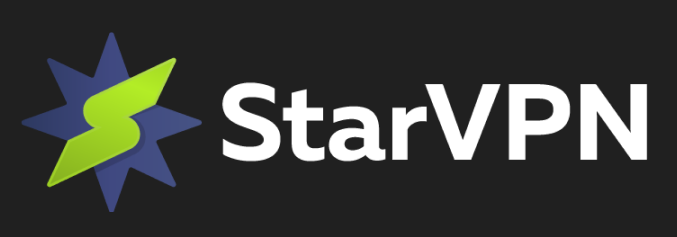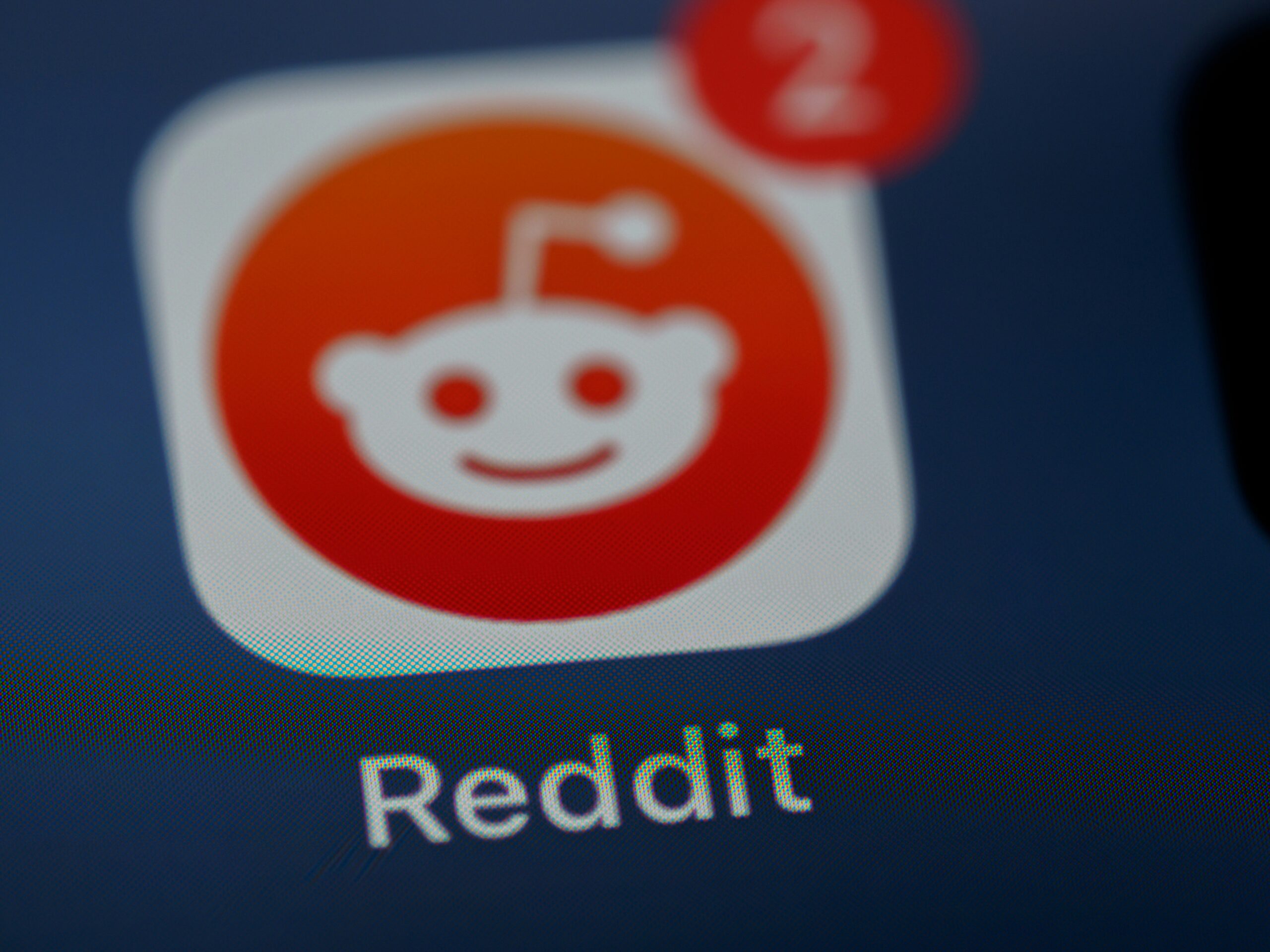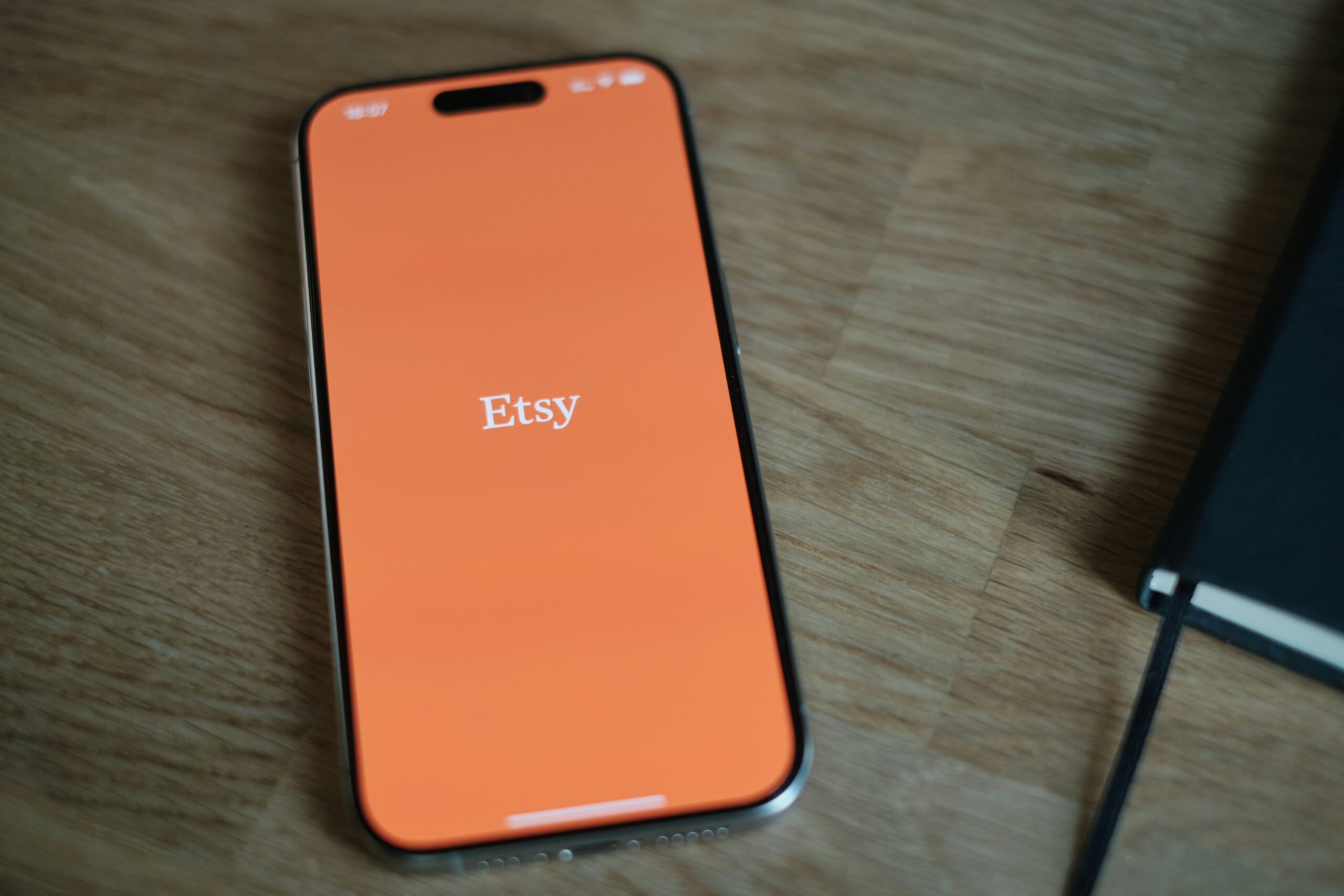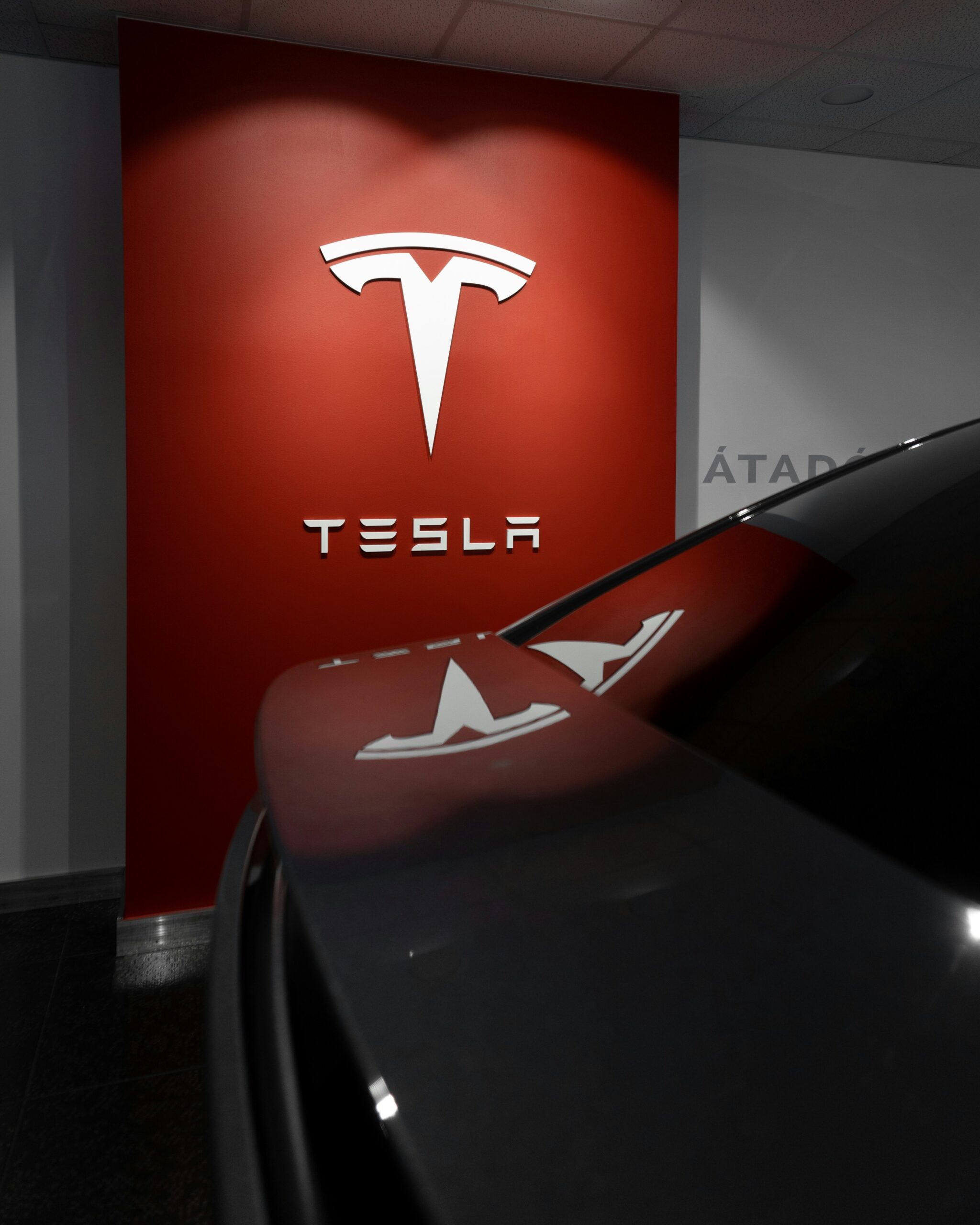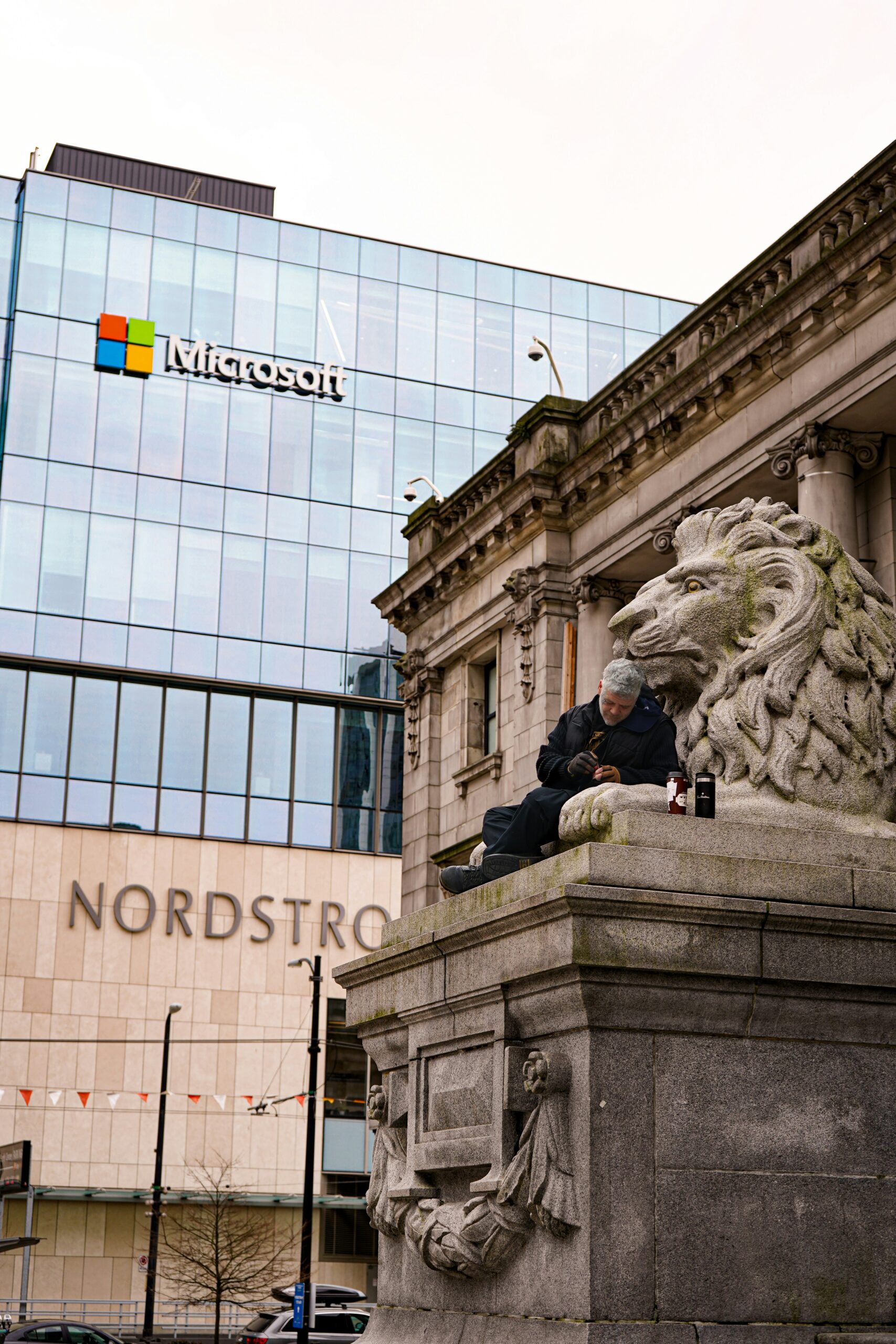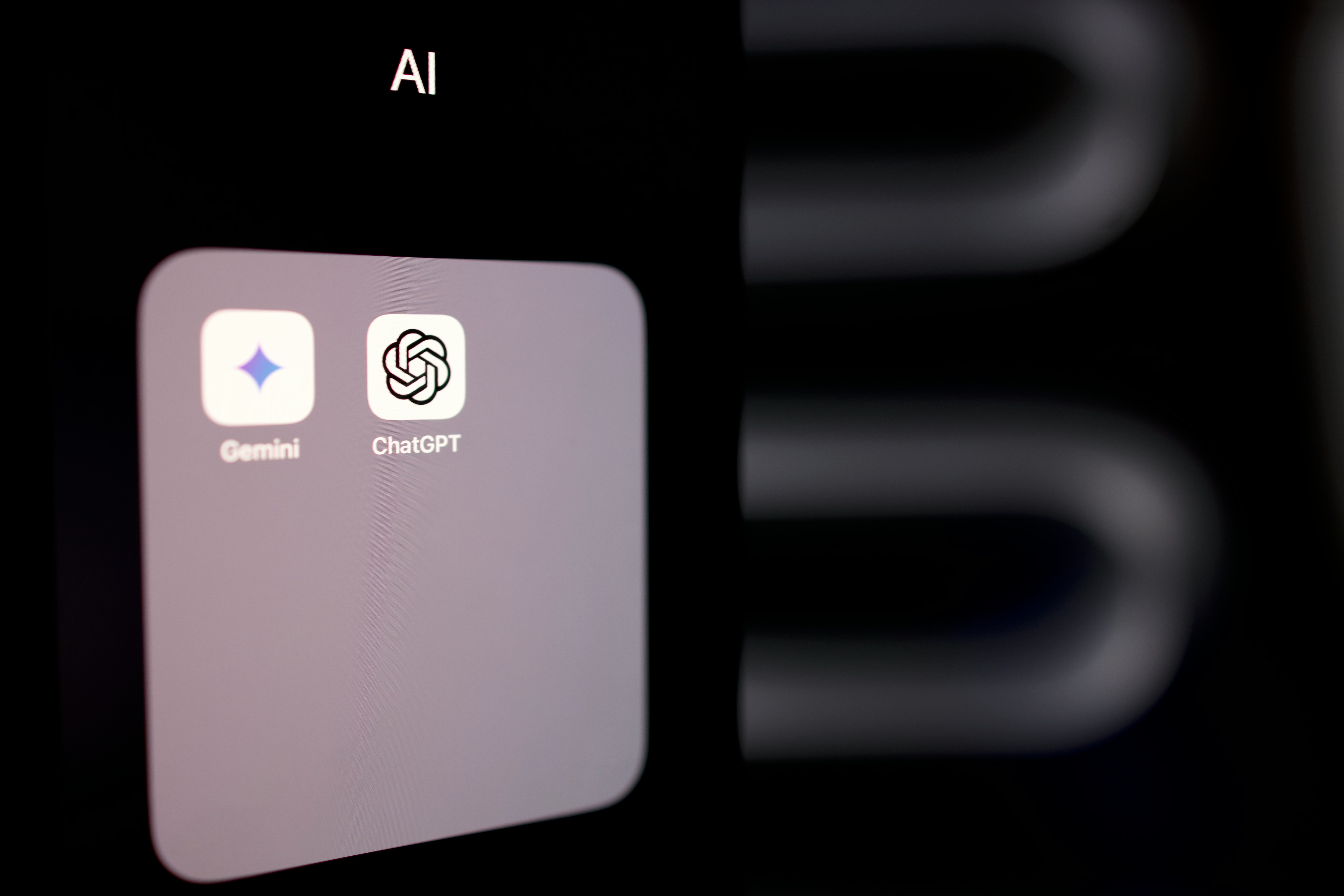Image credits: Unsplash
Nearly all CEOs in a recent survey (94%) said they believed that artificial intelligence (AI) is now capable of providing equivalent or better advice on business decisions than that provided by human members of the board of directors. 89% said they believed that AI could deliver an equivalent or better strategic plan than members of their company’s C-suite.
Meanwhile, AI experts disagree on whether the technology has advanced to the point where it can reliably provide strategic insights; some say the tech isn’t there yet, while others say that AI agents are on the verge of reaching that point.
AI at the Top
Dataiku, the Universal AI Platform, recently released the survey findings, Global AI Confessions Report: CEO Edition. The Harris Poll conducted the survey, which included input from more than 500 CEOs in the US, the UK, Germany, and France.
Commenting on the findings, Dataiku CEO and co-founder Florian Douetteau suggests that the results point to shortcomings in current strategic work rather than the actual capacities of present-day AI. For example, in many organizations, one or more members of the C-suite may not be effective at strategic planning.
Douetteau also notes that many CEOs receive information about the business through bullet lists and quick summaries. AI can excel at creating succinct summaries and may outperform humans at summarizing the state of the business; however, Douetteau cautions that this isn’t the same as presenting new insights.
Ahsan Shah, Senior Vice President of AI and Analytics at Billtrust, says that although AI can help employees develop concise business plans, it can’t yet think creatively about the company’s strategic direction.
“AI is great at analyzing data and spotting patterns,” Shah notes, “but real strategic planning needs an understanding of company culture, relationships, market behavior, and competition that AI doesn’t have yet. AI doesn’t know your exact business problem.”
In the survey, 87% of CEOs expressed confidence that off-the-shelf AI agents could perform and that custom-built AI agents could be designed for specific domains or verticals. Experts call this the “AI commodity trap.”
Keith Bigelow, chief product officer at Visier, an HR software firm, comments: “Executives should assume that AI agents are like new employees and require material training and coaching in order to bring reliable and high-quality outcomes.” Bigelow cautions that an out-of-the-box AI solution “would lack the context of the company’s vision, culture, resources, and financial motivations.”
Is AI Closer to the Board Meeting Than Some Think?
Still, the most recent large language models (LLMs) are impressive, and machine learning has accelerated significantly in the past few months. Steve Hall, tech research firm ISG’s chief AI officer, suggests that AI can help with the critical early stages of strategic planning – analyzing large data sets and helping determine what information is essential to the business’s future.
“I’ve been creating strategies for a lot of years, and often, the toughest thing to do is to figure out the signal-to-noise ratio,” Hall explains. “You’ve got to take so many signals from the external market, internal dynamics, and customer dynamics, all of which help you form your overall strategy. AI has a tremendous impact in the ability to do it.”
Hall says that if AI agents can provide the early lifting, it can empower the kind of “what-if analysis” that executives long to do. However, Hall doesn’t see AI agents replacing board members soon.
“You’re going to have things that come back that are going to be head scratchers,” Hall says, and in those cases, you are going to need human minds to ask the more creative questions.
A Competitive Edge?
For Florian Douetteau, the big takeaway from the survey is that many CEOs feel bullish about using AI agents to assist and augment the work of the C-suite.
“We need to be cognizant of the fact that if we don’t use AI in order to elevate our work, our ability to think, our ability to communicate ideas,” Douetteau concludes, “we might be in competition with other people who would be better at it. It’s a call to action for everyone.”



















